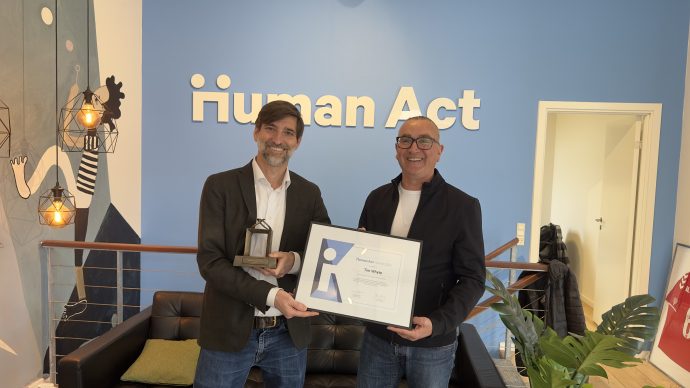Ny rapport fra UNDP og GEF kommer med bud på hvordan investeringer i bæredygtig forvaltning af verdenshavene og kystarealerne kan gøres attraktive og ændre verdenshavenes alarmerende tilstand.
WASHINGTON, 14 December 2012 (GEF): Concrete actions must begin now to mitigate (nedsætte) or reverse (få vendt) grave threats to the world’s oceans, United Nations Development Programme (UNDP) and Global Environment Facility (GEF) experts said at the launch of a new report on how strengthened markets and policies can better protect oceans and coastal areas. The report shows how sustainable ocean management could become a legacy of today’s decision-makers if proven ocean planning and policy instruments are scaled up.
Nødvendigt med 5 milliarder dollars de næste 10 til 20 år
“It is very reassuring to learn from this report that an initial public investment on the order of 5 billion dollars over the next 10 to 20 years could be sufficient to catalyze many hundreds of billions of dollars in public and private finance,” said Dr. Naoko Ishii, CEO and Chairperson of the GEF. “We now have the right tools to identify and remove those market and policy failures which have unfortunately sped up the degradation (forringelse) of marine environments. Our goal is to help both the public and private sectors create clear incentives and policies which will serve to protect the world’s oceans,” she added.
Havene bidrager årligt med mindst 3 billioner dollars til verdensøkonomien
The world’s oceans and coastal areas are the source of a variety of life-sustaining goods and services—including food, transport, oil and gas, tourism, and minerals. Marine and coastal resources directly provide at least 3 trillion dollars annually in global economic output.
“Oceans are an integral part of life on earth, regulating our climate and producing oxygen for the planet, yet they are under serious threat due to pollution, over-exploitation, habitat loss, invasive species, and climate change,” said Andrew Hudson, Head of UNDP’s Water & Ocean Governance Programme. “We need to improve the way we manage the oceans, before the damage is irreversible,” he said, adding that ocean degradation threatens the livelihoods of hundreds of millions of people, primarily in the world’s least developed countries.
Beskeden investering nu kan gøre en stor forskel
The report Catalysing Ocean Finance: Transforming Markets to Restore & Protect the Global Ocean, shows that the accelerating degradation of the marine environment stems primarily from market and policy failures, leading to the over-exploitation of fisheries, skyrocketing hypoxic (low oxygen) zones in coastal areas, continued introductions of destructive alien species, and increased ocean acidification (forsuring).
These market and policy failures have led both the private and public sectors to under-invest in environmental protection measures, such as wastewater treatment (behandling af spildevand) and coastal habitat protection, and over-invest in activities detrimental (skadelig) to the marine environment, including over-fishing and chemically intensive agriculture.
The report demonstrates how a modest investment of public finance can scale up proven ocean planning and policy tools, leverage financial flows, transform ocean markets, and reverse the global decline in ocean health.
Hent rapporten her: http://bit.ly/Z2Xbk4
Mere information om UNDP’s Oceans programme: http://bit.ly/W0FTSO
Mere information om the Global Environemnt Facility (GEF): www.thegef.org














